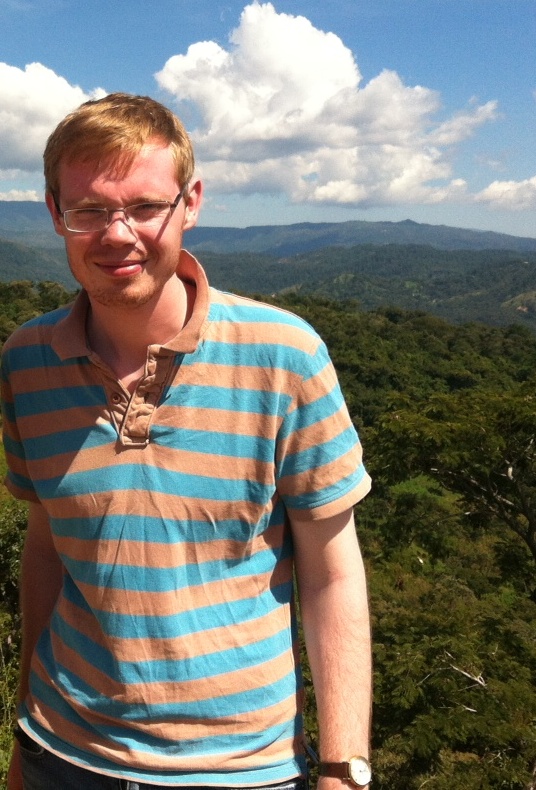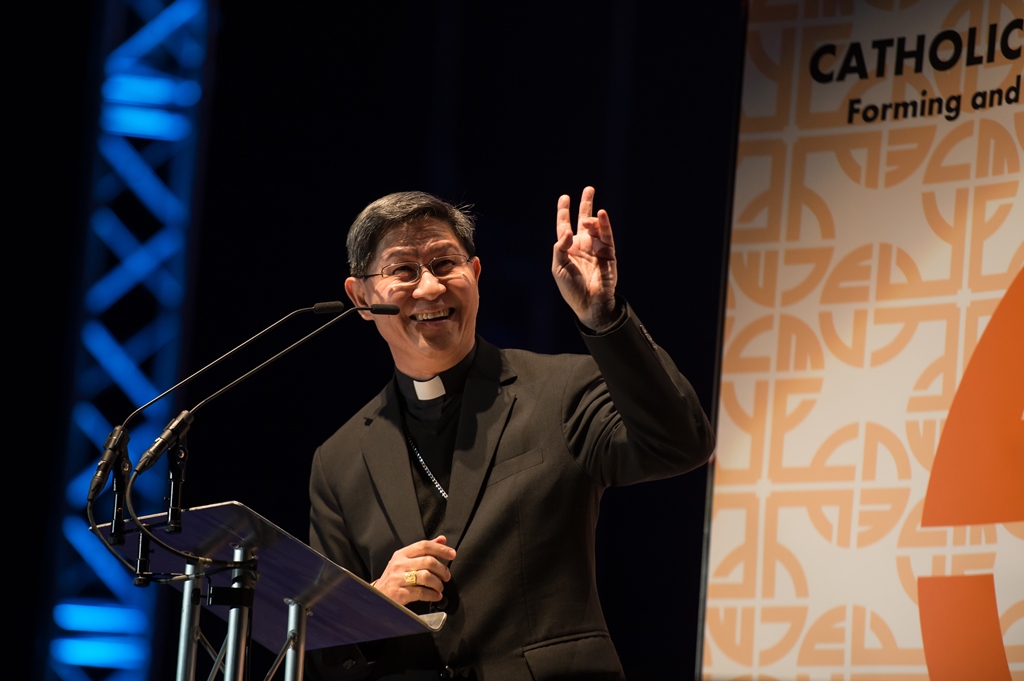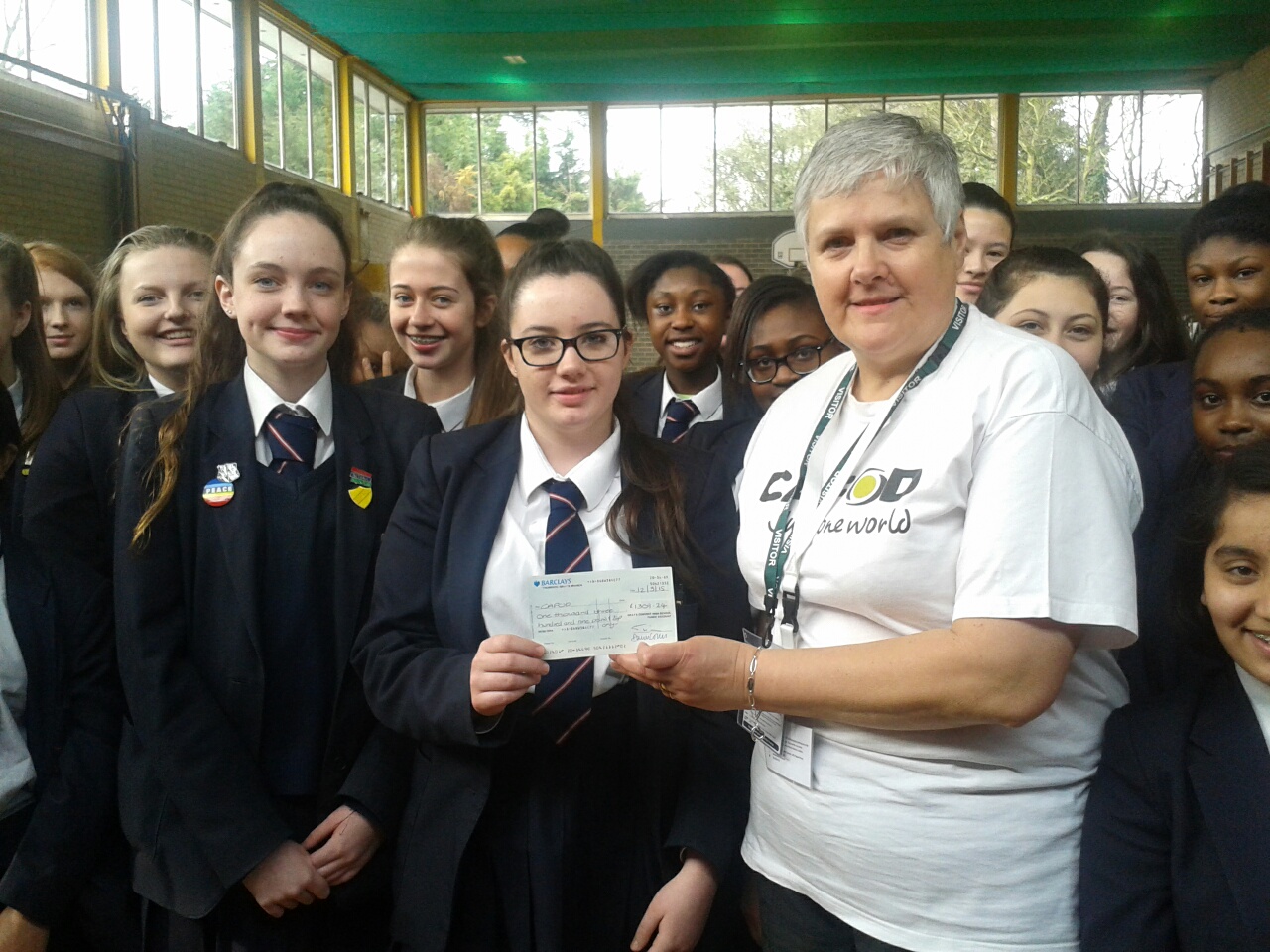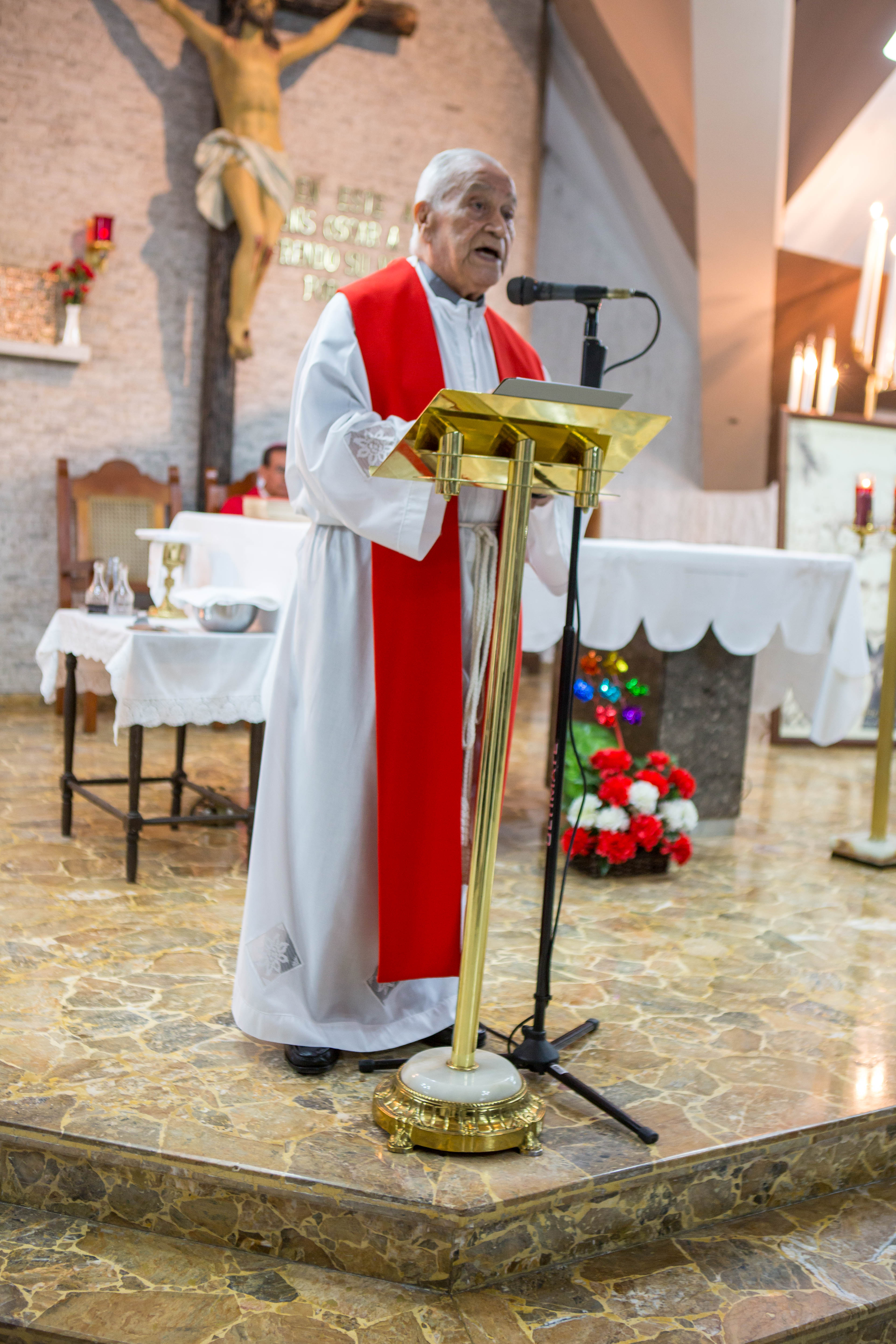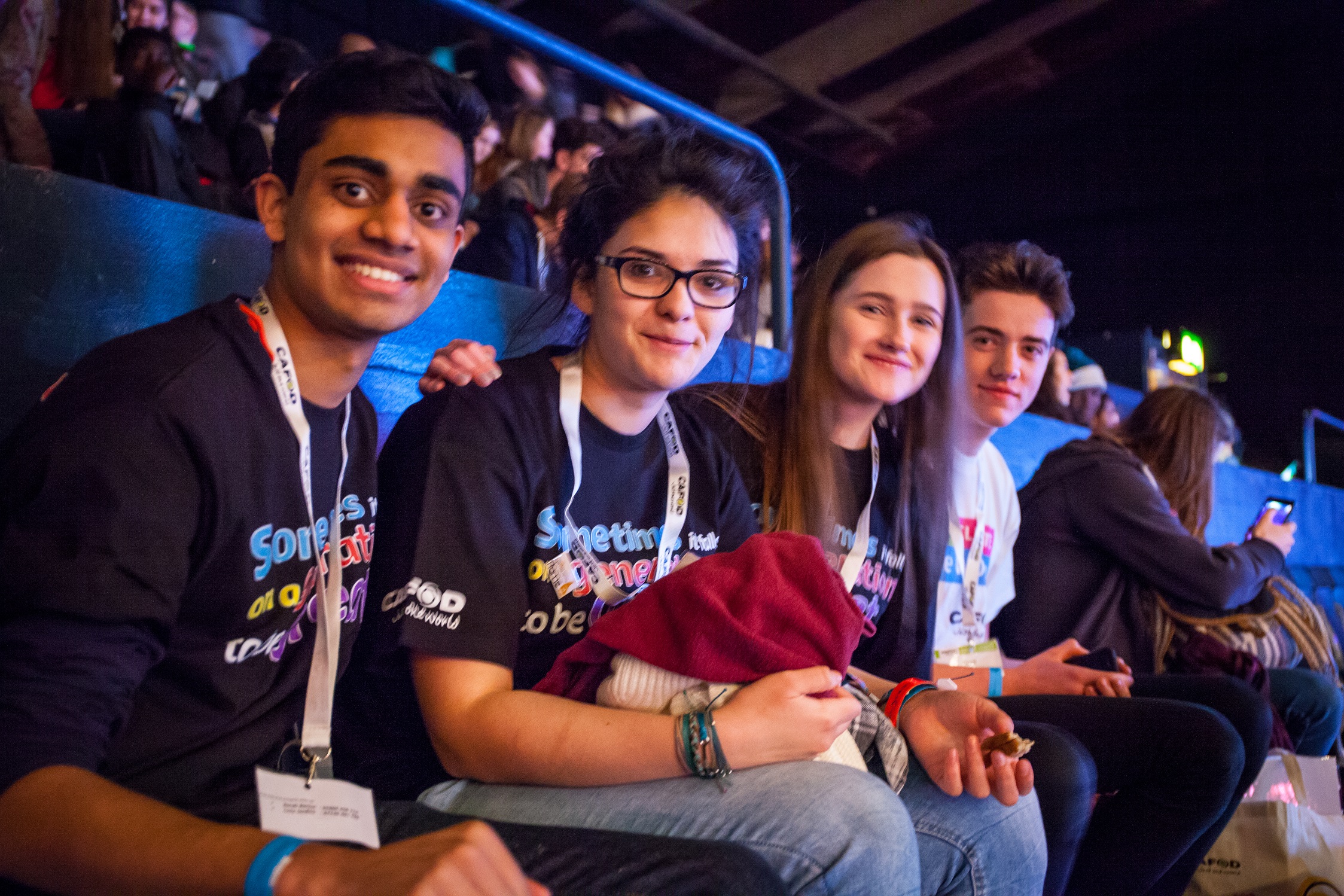Laudato Si’: generating enough energy to empower the world!
July 8, 2015
Susy Brouard is CAFOD’s Theological Advisor. Susy has twelve years experience of facilitating workshops on Catholic Social Teaching. But never has she come across a text which has produced so much energy from her participants. She explains why.
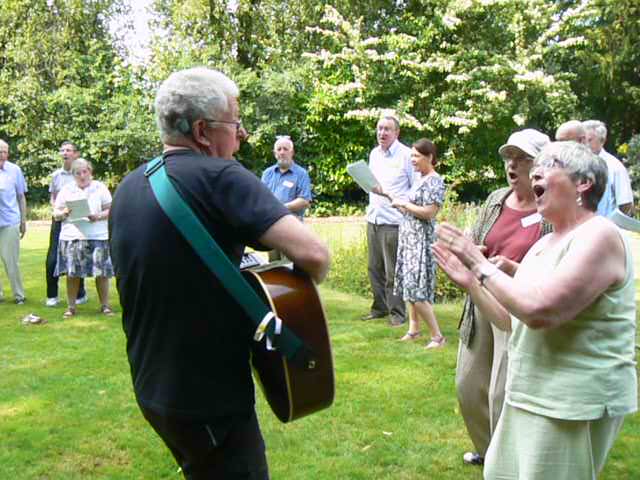
To be perfectly honest with you, Pope Francis’ latest encyclical, Laudato Si’, is a facilitator’s dream.
I say this as someone who has, during the last week, facilitated three different workshops on the encyclical. Each workshop – the first with CAFOD volunteers in Birmingham, the second at the CAFOD headquarters with staff, and the third with members of an Anglican Church in central London – filled the participants with energy and joy. In fact, the Birmingham volunteers took Pope Francis’ words of ’sing as you go’ to heart and ended their day of reflection by singing and dancing a conga in the garden!
So what is it about this encyclical that produces so much energy? This encyclical is unique because it is addressed to every citizen of the earth. Since he wants to communicate with everybody, Pope Francis writes with great clarity and directness. He tells it as it is – the good, the bad and the ugly. It is like looking in a mirror and we realise what madness it is that as humans we are systematically destroying “our common home”.
Liberating effect
While this may be seen as depressing, it is also liberating. We are confronted with what we have done and we can decide whether to continue as we are, or make changes to the way we live and consume. In the workshops, we spent time reflecting on the symptoms of overdevelopment which Pope Francis describes in the first chapter of his encyclical; climate change, mining, water pollution and global inequality, amongst others. From our reading, we came up with key elements that we thought were essential for progress; elements such as education, love, justice, understanding, mindfulness, sacrifice and, of course, God!
Continue reading “Laudato Si’: generating enough energy to empower the world!”
